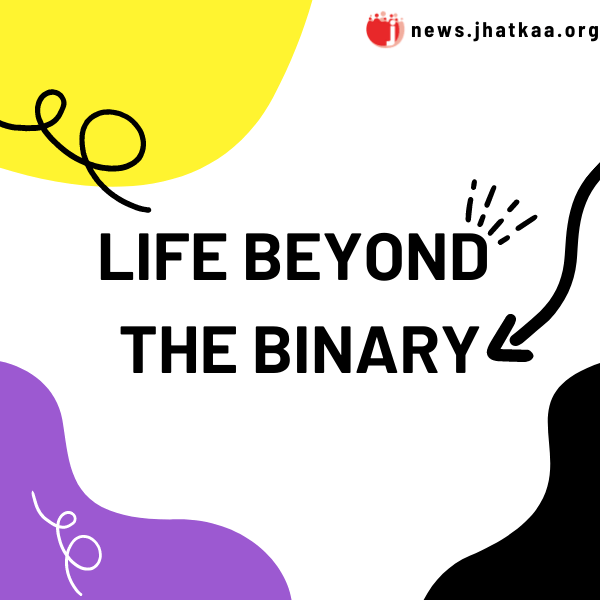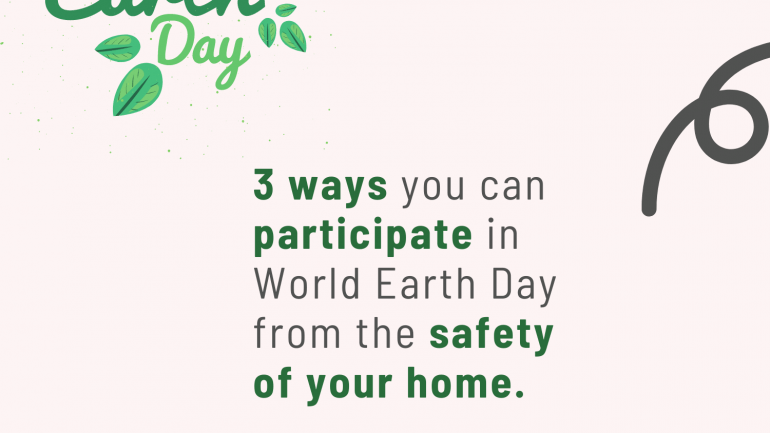People whose gender is not within a binary use many different terms to describe themselves, with non-binary being one of the most common. They speak to an experience of gender that goes beyond the gender binaries. Here we spoke to a few people who are non-binary to understand their lives beyond the binary.
1) What are some of the everyday things that cis-people do that are inaccessible to you and particularly jarring?
Sam (name changed)
- Forms for anything – from the government. forms to ‘sign up for this women’s leadership conference’ forms
- Toilets and Security checks because of the male/female division – it is very jarring because of how it constantly reinforces, literally and metaphorically, that my body determines which box I go into.
- Non-queer spaces in general – when people assume each other’s pronouns and then it ends up looking like the only person with differing pronouns is the outlier
Rahul
Toilets and forms for sure, but also shopping. Gendered clothing is horrible and “Unisex” clothing is ugly. In general, gendered products make no sense.
2) What are some misconceptions about non-binary people?
Rahul
That we are ONLY androgynous or that we are 50-50 of male and female. I’m non binary because I can’t see myself fitting into the usual binary genders, but that doesn’t mean that I have to now be some 50-50 version of the same binary genders.
I also hate the misconception that non binary people can’t be trans.
3) What are things that can make the above spaces more accessible to you?
Sam
Creating gender-neutral washrooms. Changing people’s mindset from “first let’s do it for women, then we can think of other genders”
Rahul
Making forms gender neutral, making the legal processes easier for us.
4) What is the most bizarre thing someone has asked about your gender identity?
Sam
- About pronouns, which is a giveaway in my case: “How many people are you?” “Is that even grammatically correct?”
- “So when are you deciding which gender you are?”
- “Oh so if we can choose genders and you’re non-binary, then can I be a chair?”
- “But at the end of the day, you’re still biologically a woman.”
Rahul
I remember my manager at work asking me “Should I keep my distance from you?” when I told him that I’m getting my nose pierced (transphobia).
5) How can cis-people be better allies?
Sam
- By understanding that acceptance does not always need to be preceded by understanding – there will be things you won’t understand, but listen to people and be accepting of identities even if you don’t understand them.
- Ask the person before you start asking questions- some people are comfortable answering questions, some people aren’t.
- Stick to talking about your own body, if you have to talk about it at all.
- At your workplace, insist on getting more gender-diverse people in senior leadership positions, as Board members, as decision-makers. If you look around yourself in a room and everyone looks like you, then you’re living in an echo chamber. This is a step towards ensuring that policies (everything from forms to toilets) are made keeping in mind that there are more than two genders.
- Remember gender also intersects with caste, class and disability- what makes spaces inaccessible are also structural inequalities. Every time we go into a space that has excluded us in the past, we feel like we’ll be caught and kicked out (which continues to happen with trans people, with people from DBA communities who are considered ‘impure’). These spaces come marked with shame, a washroom which you wouldn’t even think twice about will be a threat to us because of its association with violation of our bodies through constant scrutiny. It isn’t just the mirrors that look at us, it is people who scrutinise our bodies using those mirrors.



